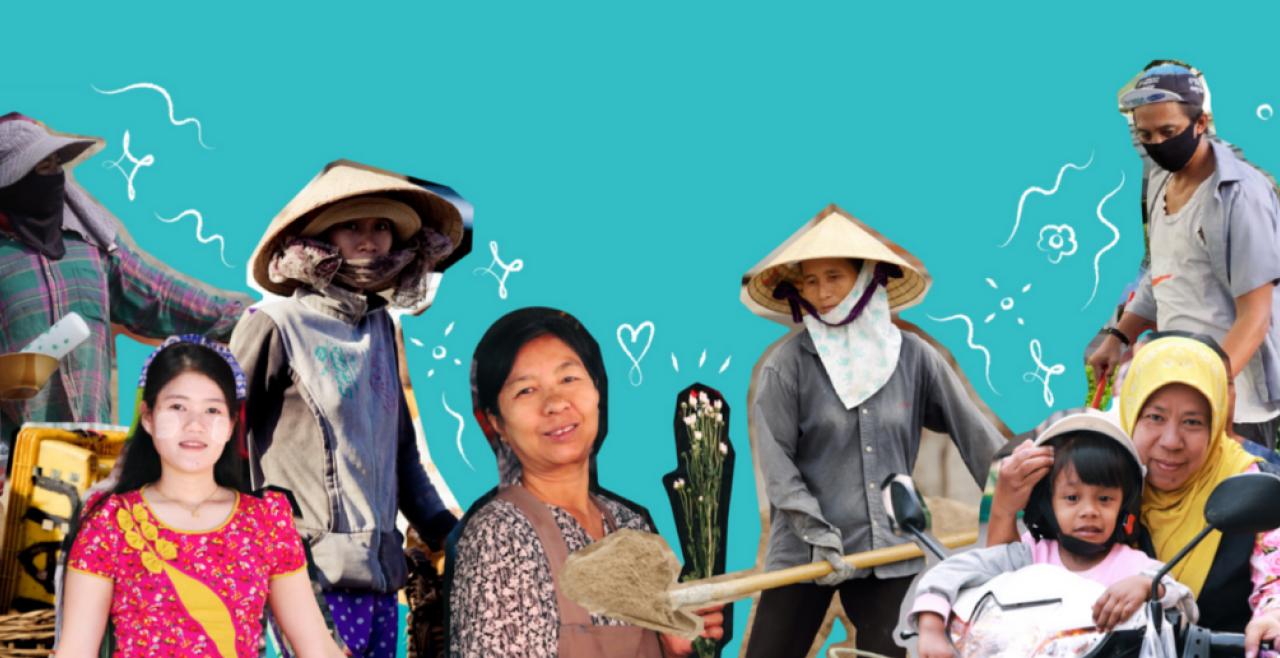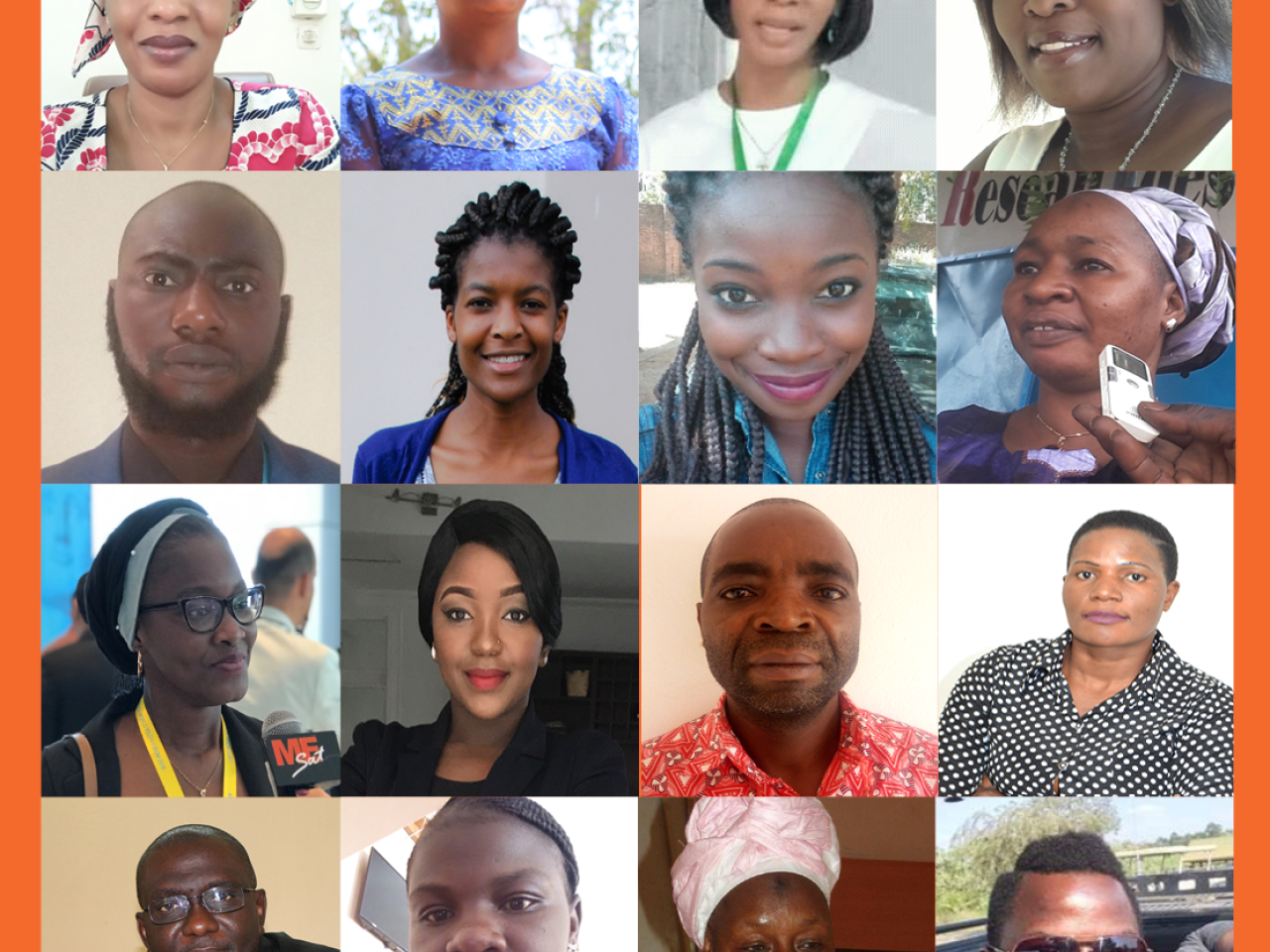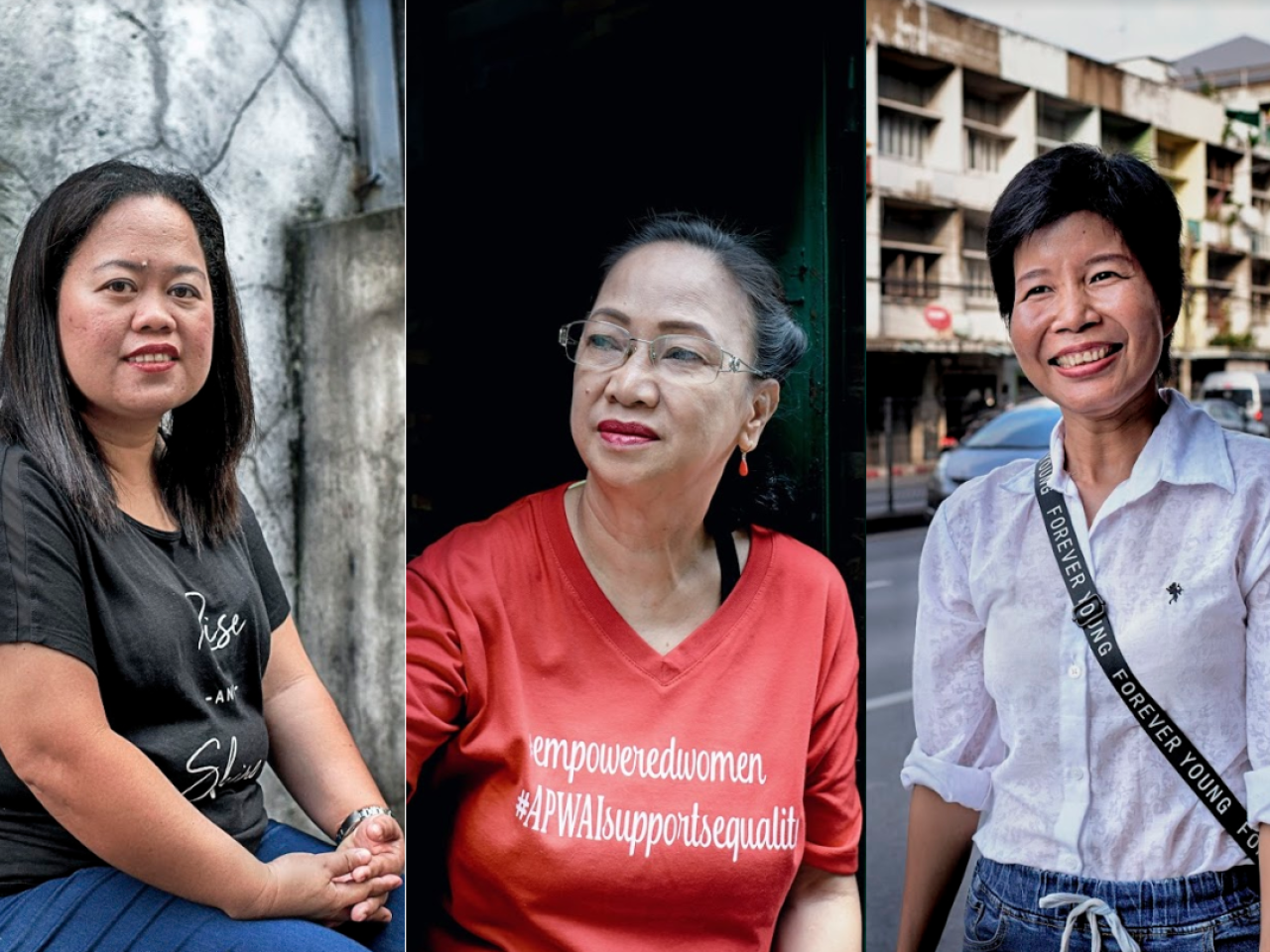It's time to understand and appreciate women migrant workers

There are currently 11.6 million documented migrant workers residing in South-East Asia and the Pacific subregion and nearly half of them are women. Women migrant workers contribute to the economies and societies of both origin countries and destinations. However, despite their positive contribution, migrant workers, especially women, frequently experience negative attitudes, discrimination, exploitation and sometimes violence during the migration process. These challenges are rooted in gender inequality and reflect myth around migrant workers, especially women migrant workers.
According to a UN study conducted in Malaysia, Japan, Singapore and Thailand, the public support for migrants is largely driven by the personal relationships that people have with migrant workers, rather than the demographic characteristics of migrant workers.
The negative attitudes towards women migrant workers can be eliminated by social inclusion, interaction with migrant workers, and engagement with migrant communities.



